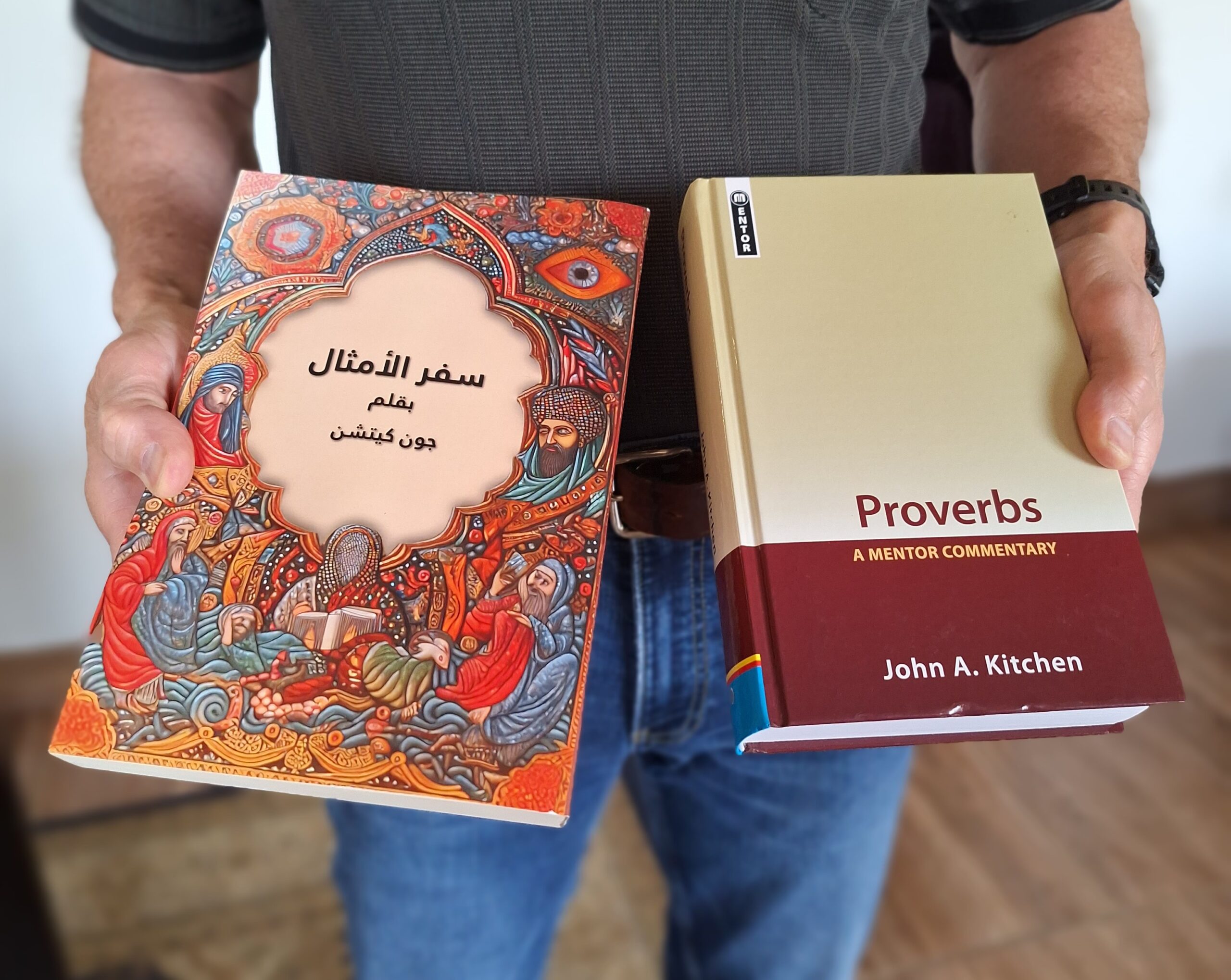I am delighted to announce the release of the fourth volume in my New Testament commentary series.
 Steven J. Lawson of OnePassion Ministries says:
Steven J. Lawson of OnePassion Ministries says:
“Faithful expository preaching is the greatest need of our day. Careful exegesis and application is the greatest need of expository preaching. John Kitchen equips the expositor with the necessary tools to fulfill all of these needs with this work on I Peter. Faithful preachers everywhere will benefit from the depth of his study and the warmth of his pastoral application.”
Could I ask you to help me out?
- I would love it if you would purchase a copy. You can do so at Amazon HERE.
- I would really love it if you would do whatever you can to share the word about this with those who might be interested – link this post and send it to others, tell people about it, use other social media to get the word out.
- I would really, really love it if you would give it a rating on Amazon.
- I would really, really, really love it if you would write a review of it on Amazon.
- I would really, really, really, really love it if you would also post that review on other websites like Goodreads, etc.








